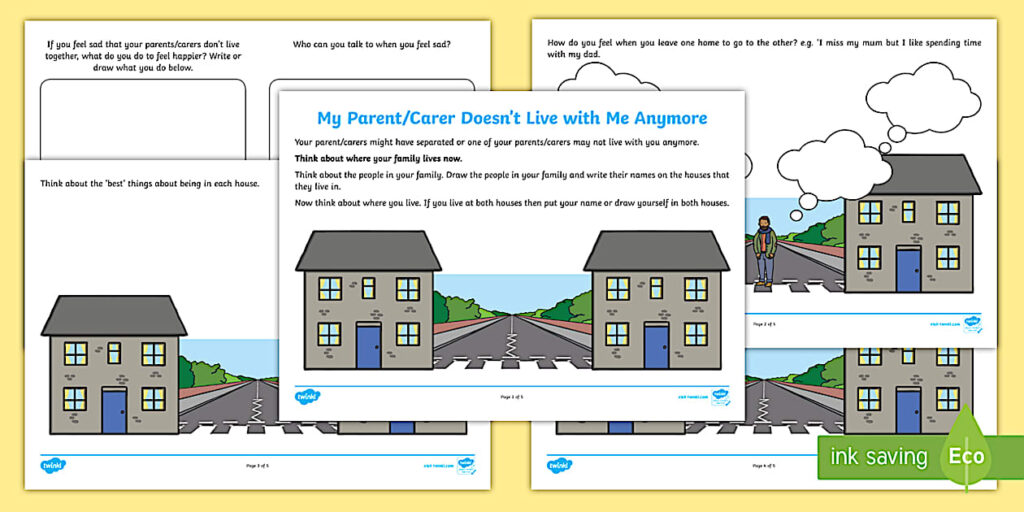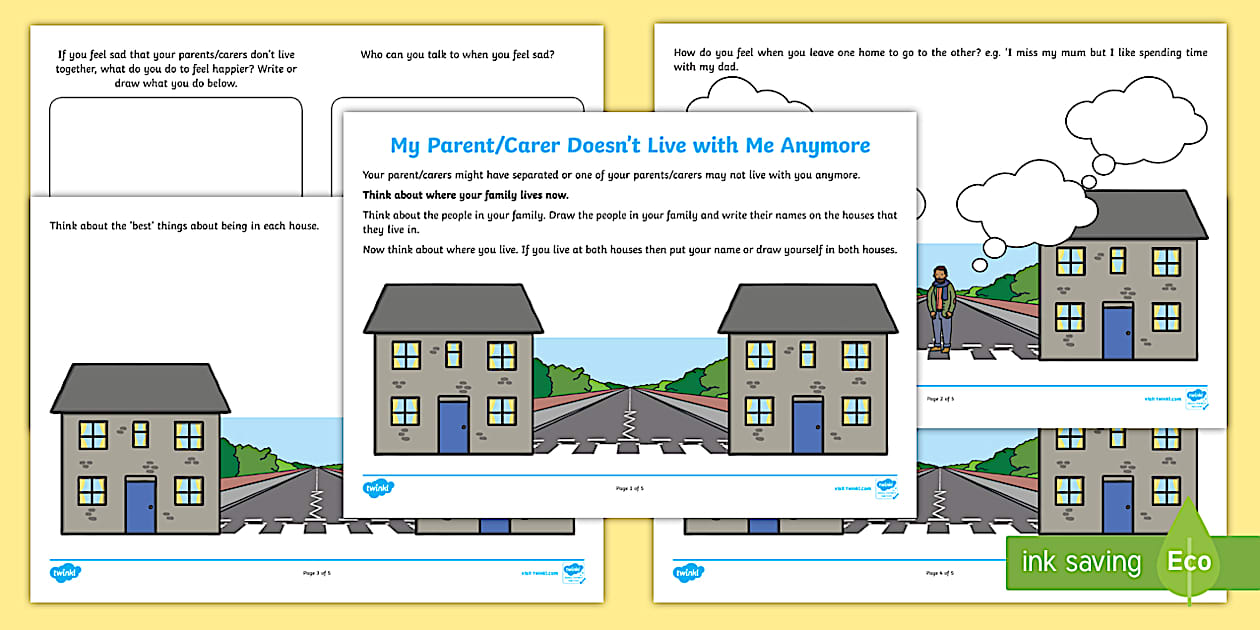
I Don’t Want to Be a Parent Anymore: Exploring Parental Regret and Its Implications
The phrase “I don’t want to be a parent anymore” carries significant weight. It encapsulates a complex web of emotions, societal pressures, and personal experiences. While parenthood is often portrayed as an unequivocally joyous journey, the reality for some individuals can be starkly different. This article delves into the phenomenon of parental regret, examining its causes, manifestations, and the impact it has on both parents and children. We’ll explore the societal taboos surrounding this sentiment and discuss avenues for seeking support and finding healthy coping mechanisms. Understanding that saying “I don’t want to be a parent anymore” is a valid, though difficult, feeling is the first step in addressing it constructively.
Understanding Parental Regret
Parental regret, as a concept, refers to the feeling of wishing one had not become a parent. It’s a sentiment often shrouded in silence and shame, primarily due to societal expectations and the idealized image of parenthood. It’s crucial to distinguish parental regret from postpartum depression or temporary frustration with the challenges of raising children. Parental regret is a deeper, more persistent feeling of wishing one’s life had taken a different path, one that didn’t involve having children. When someone says, “I don’t want to be a parent anymore,” they are often expressing a profound sense of dissatisfaction and a longing for a life they perceive as being lost.
The Prevalence of Parental Regret
While difficult to quantify precisely due to its sensitive nature, research suggests that parental regret is more common than many might assume. Studies, particularly those conducted in Europe, indicate that a significant percentage of parents experience some degree of regret. The stigma surrounding this feeling makes accurate data collection challenging, as many parents are hesitant to admit such feelings, even anonymously. However, acknowledging the existence of parental regret is essential for fostering a more open and supportive dialogue around the realities of parenthood. It’s important to remember that saying “I don’t want to be a parent anymore” doesn’t make someone a bad person; it simply highlights the complexities of human emotions and the diverse experiences of parenthood.
Factors Contributing to Parental Regret
Several factors can contribute to a parent’s feeling of “I don’t want to be a parent anymore.” These factors are often multifaceted and interwoven, reflecting the intricate nature of human relationships and life circumstances.
- Lack of Preparation and Support: Insufficient preparation for the demands of parenthood, coupled with a lack of adequate support from partners, family, or community resources, can lead to feelings of overwhelm and regret.
- Unrealistic Expectations: The idealized image of parenthood often portrayed in media and societal narratives can create unrealistic expectations, leaving parents feeling disillusioned when faced with the actual challenges of raising children.
- Loss of Identity and Freedom: The significant lifestyle changes that accompany parenthood, including the loss of personal freedom, career opportunities, and social activities, can contribute to feelings of resentment and regret. The feeling of “I don’t want to be a parent anymore” often stems from this perceived loss.
- Relationship Strain: The added stress of raising children can strain marital or partner relationships, leading to conflict and dissatisfaction, which can further exacerbate feelings of parental regret.
- Child-Related Challenges: Raising children with significant behavioral, emotional, or health challenges can place immense strain on parents, increasing the likelihood of experiencing regret.
- Socioeconomic Factors: Financial instability, lack of access to quality childcare, and other socioeconomic challenges can significantly contribute to the burdens of parenthood, leading to feelings of regret.
The Impact on Parents and Children
The impact of parental regret extends beyond the individual parent experiencing these feelings. It can also have significant consequences for the children involved. Children of parents who harbor feelings of regret may sense a lack of emotional connection, leading to feelings of insecurity, anxiety, and low self-esteem. While parents may consciously try to hide their feelings, children are often perceptive and can pick up on subtle cues of resentment or disengagement. The long-term effects of growing up with a parent who secretly feels, “I don’t want to be a parent anymore,” can be profound and lasting. It’s critical to address these feelings constructively to minimize the potential harm to both parents and children.
Coping Mechanisms and Seeking Support
For parents grappling with the feeling of “I don’t want to be a parent anymore,” it’s essential to acknowledge these feelings and seek appropriate support. Suppressing or ignoring these emotions can be detrimental to both mental health and family dynamics. Here are some strategies for coping with parental regret:
- Acknowledge and Validate Your Feelings: The first step is to acknowledge that your feelings are valid. It’s okay to feel regret, even if it’s not socially acceptable to express it openly.
- Seek Therapy or Counseling: Talking to a therapist or counselor can provide a safe and non-judgmental space to explore your feelings and develop healthy coping mechanisms. Therapy can also help you identify the underlying causes of your regret and address any related issues, such as relationship problems or unresolved trauma.
- Join a Support Group: Connecting with other parents who have similar experiences can provide a sense of validation and reduce feelings of isolation. Online forums and support groups can offer a platform for sharing experiences and receiving support from others who understand what you’re going through.
- Focus on Self-Care: Prioritizing self-care is crucial for managing stress and improving overall well-being. Make time for activities that you enjoy and that help you relax and recharge. This could include exercise, meditation, spending time in nature, or pursuing hobbies.
- Improve Communication with Your Partner: Open and honest communication with your partner is essential for addressing any relationship issues that may be contributing to your regret. Consider couples therapy to improve communication skills and resolve conflicts.
- Set Realistic Expectations: Adjust your expectations of parenthood and focus on the present moment. Avoid dwelling on the past or fantasizing about what could have been.
- Seek Professional Help for Children: If you suspect that your feelings of regret are impacting your children, consider seeking professional help for them. A child therapist can help them process their emotions and develop healthy coping mechanisms.
Societal Taboos and the Need for Open Dialogue
The societal taboo surrounding parental regret contributes to the silence and shame that many parents experience. The idealized image of parenthood, coupled with the pressure to conform to societal expectations, makes it difficult for parents to admit that they are struggling. Breaking down these taboos and fostering a more open dialogue about the realities of parenthood is essential for creating a more supportive and understanding environment for all parents. It’s crucial to recognize that saying “I don’t want to be a parent anymore” is not an admission of failure, but rather a reflection of the complex and challenging nature of parenthood. [See also: The Mental Load of Motherhood] [See also: Postpartum Depression Symptoms] [See also: How to Improve Communication in Your Relationship]
The Importance of Empathy and Understanding
Instead of judgment and condemnation, parents who express feelings of regret need empathy and understanding. It’s important to remember that everyone’s experience of parenthood is unique, and there is no one-size-fits-all approach. Offering support and encouragement, rather than criticism, can make a significant difference in the lives of parents who are struggling. By creating a more compassionate and understanding society, we can help to reduce the stigma associated with parental regret and encourage more parents to seek the help they need. The more we normalize the conversation around difficult feelings, the more support we can offer to those feeling “I don’t want to be a parent anymore.”
Reframing the Narrative: Finding Joy and Fulfillment
While acknowledging the challenges and potential regrets associated with parenthood is important, it’s also essential to focus on the positive aspects and find ways to experience joy and fulfillment. Reframing the narrative around parenthood can help parents to appreciate the unique rewards and experiences that come with raising children. This involves focusing on the small moments of connection, celebrating milestones, and finding ways to integrate personal passions and interests into family life. Remembering the reasons you chose to become a parent in the first place can help remind you of the joy your children bring to your life. Even when you feel like “I don’t want to be a parent anymore,” there are ways to find joy again.
Building a Supportive Community
Building a strong and supportive community is essential for navigating the challenges of parenthood and finding joy and fulfillment. This includes connecting with other parents, seeking support from family and friends, and engaging in activities that promote social connection and well-being. A supportive community can provide a sense of belonging, reduce feelings of isolation, and offer practical assistance with childcare and other responsibilities. [See also: Finding Your Mom Tribe] [See also: The Importance of Self-Care for Parents] [See also: Managing Stress as a Parent]
Conclusion
The feeling of “I don’t want to be a parent anymore” is a complex and often unspoken reality for some individuals. By acknowledging the existence of parental regret, understanding its causes and consequences, and promoting open dialogue and support, we can create a more compassionate and understanding society for all parents. It’s crucial to remember that seeking help is a sign of strength, not weakness, and that there are resources available to support parents who are struggling. By reframing the narrative around parenthood and focusing on the positive aspects, we can help parents to find joy and fulfillment in their roles and build strong and loving families. The key is to remember that you are not alone, and help is available.

